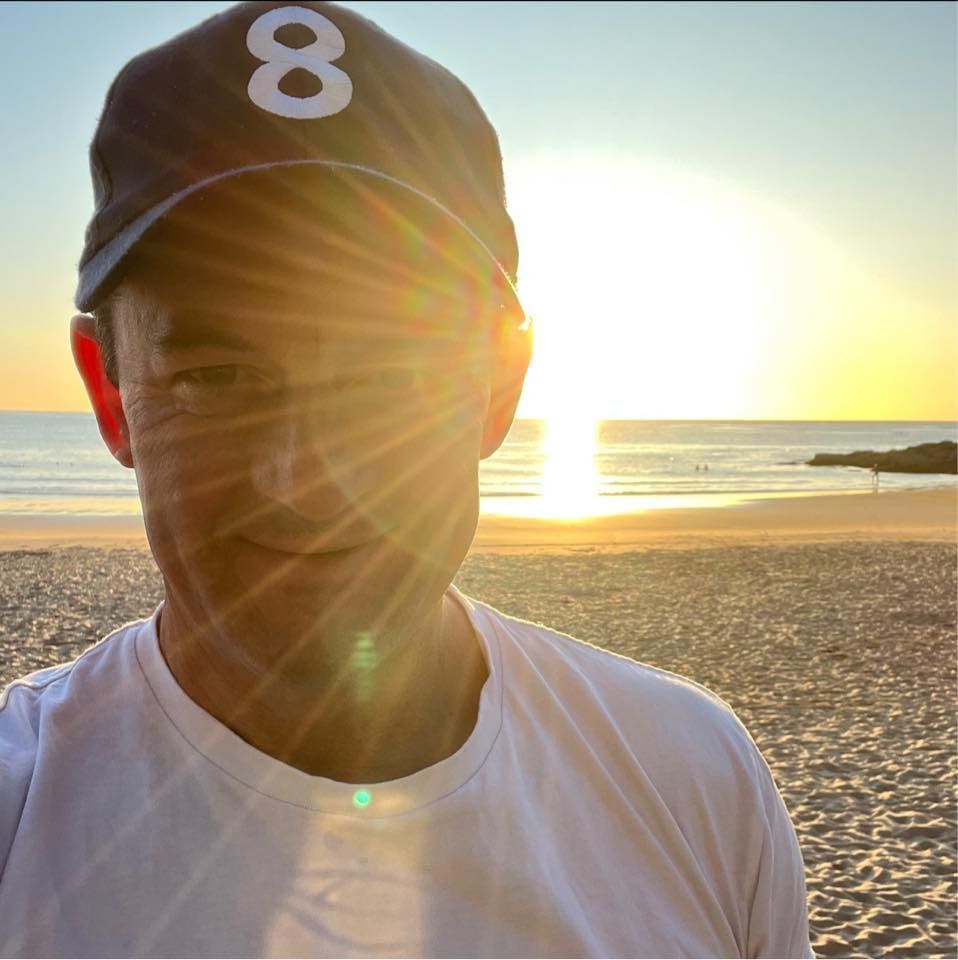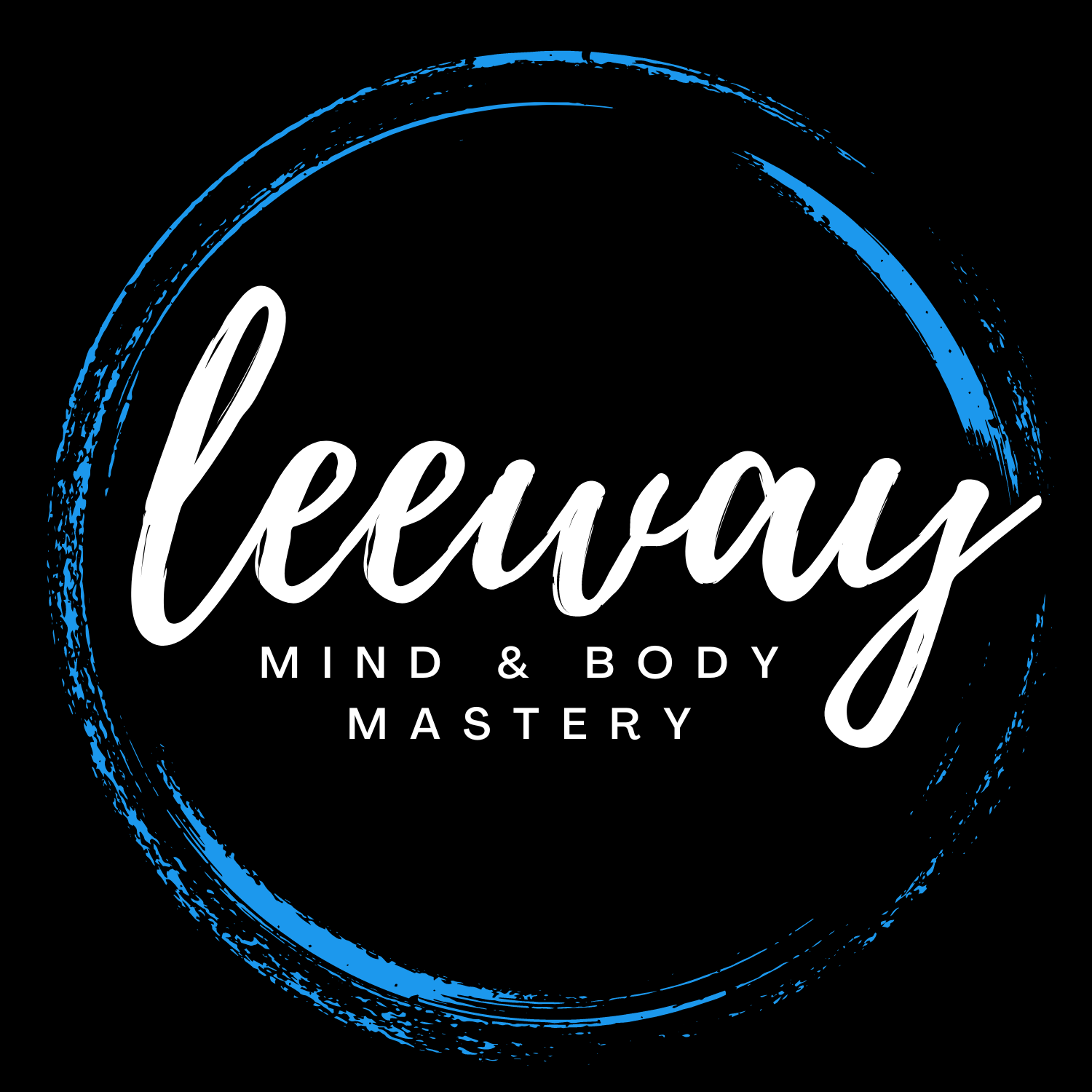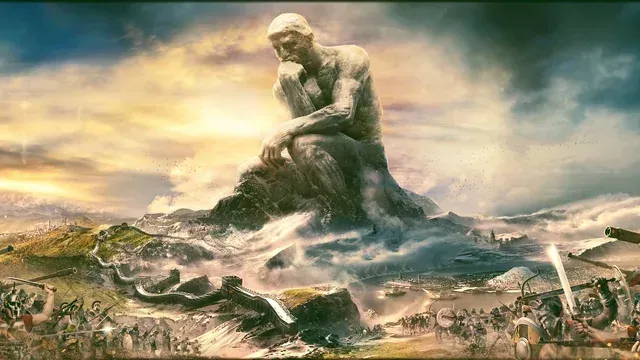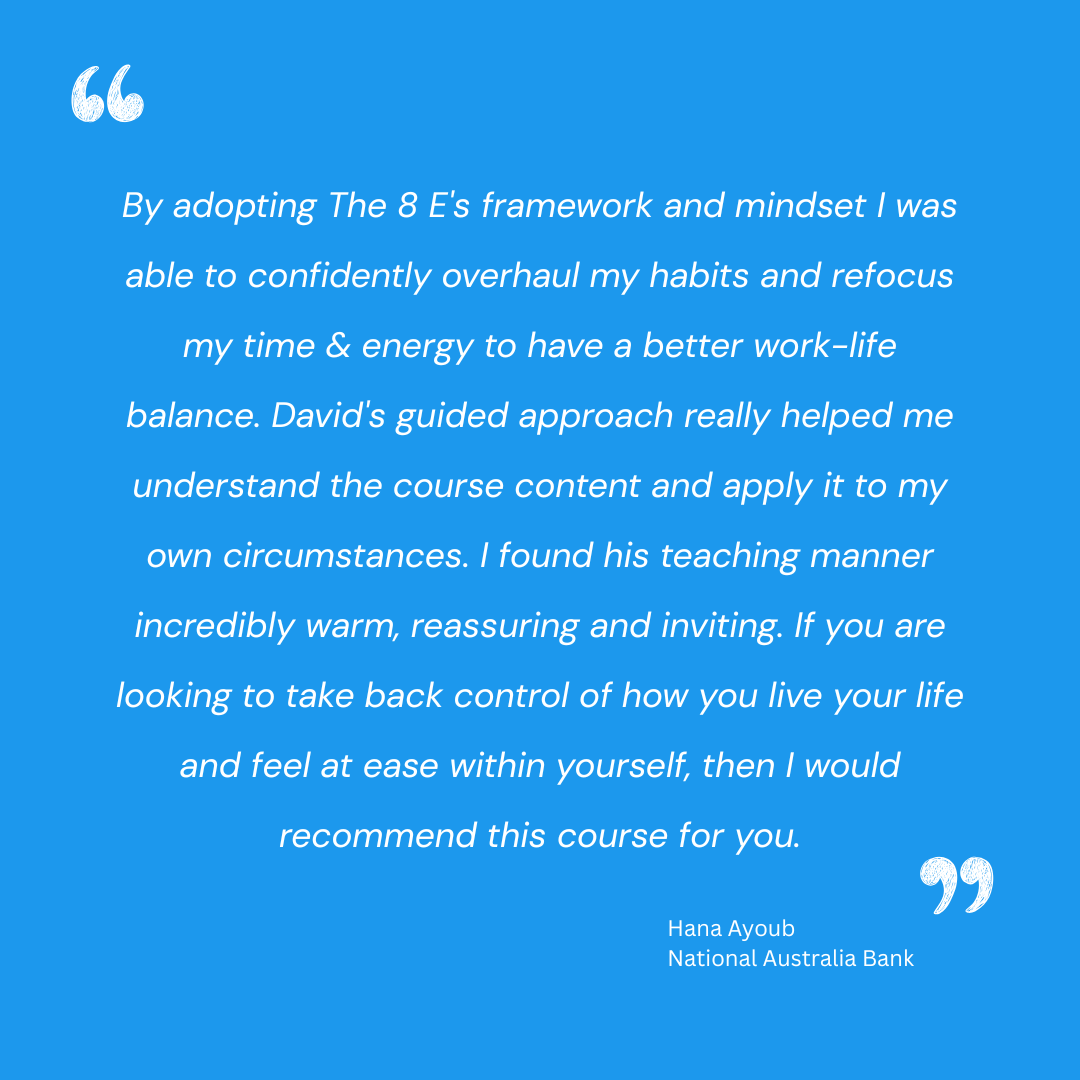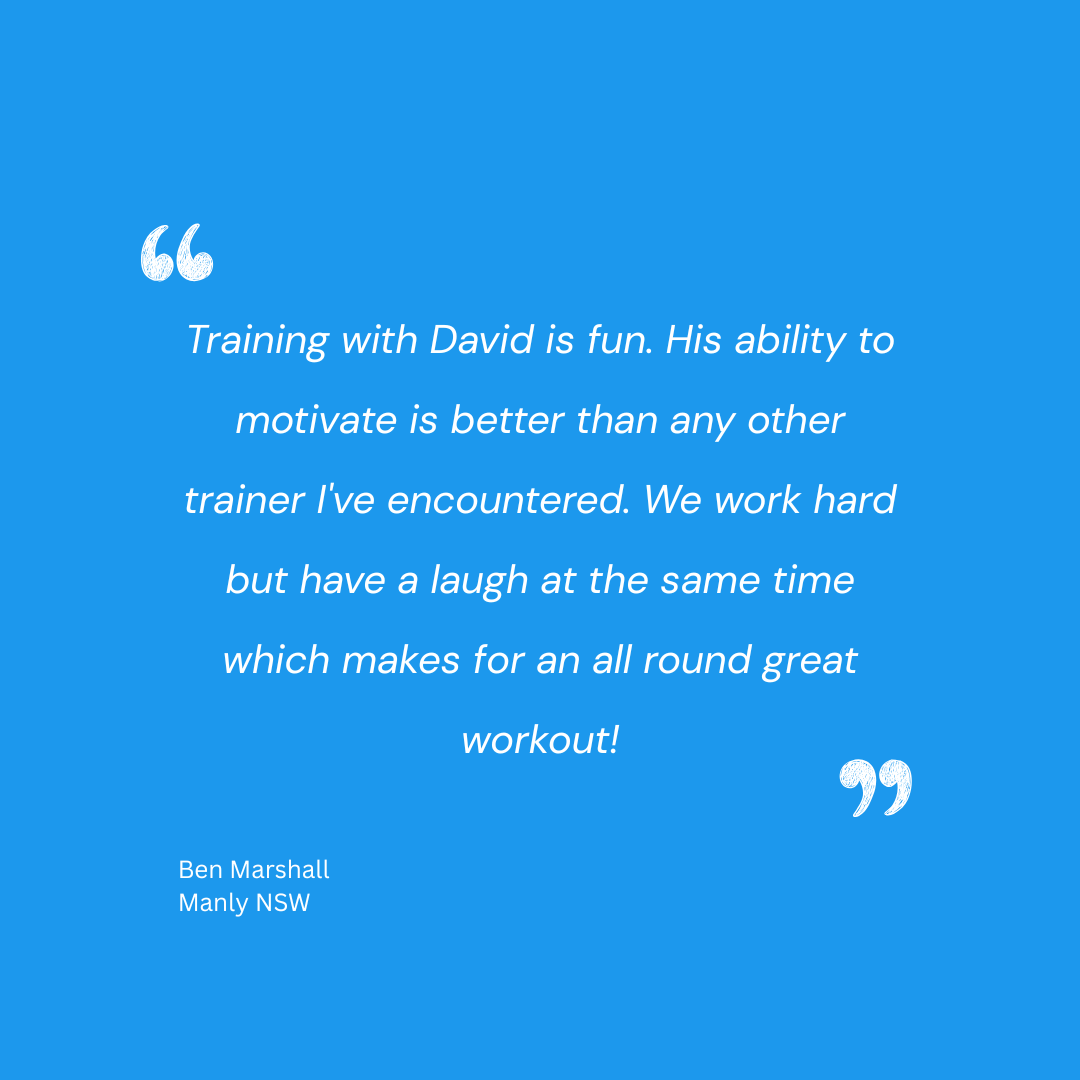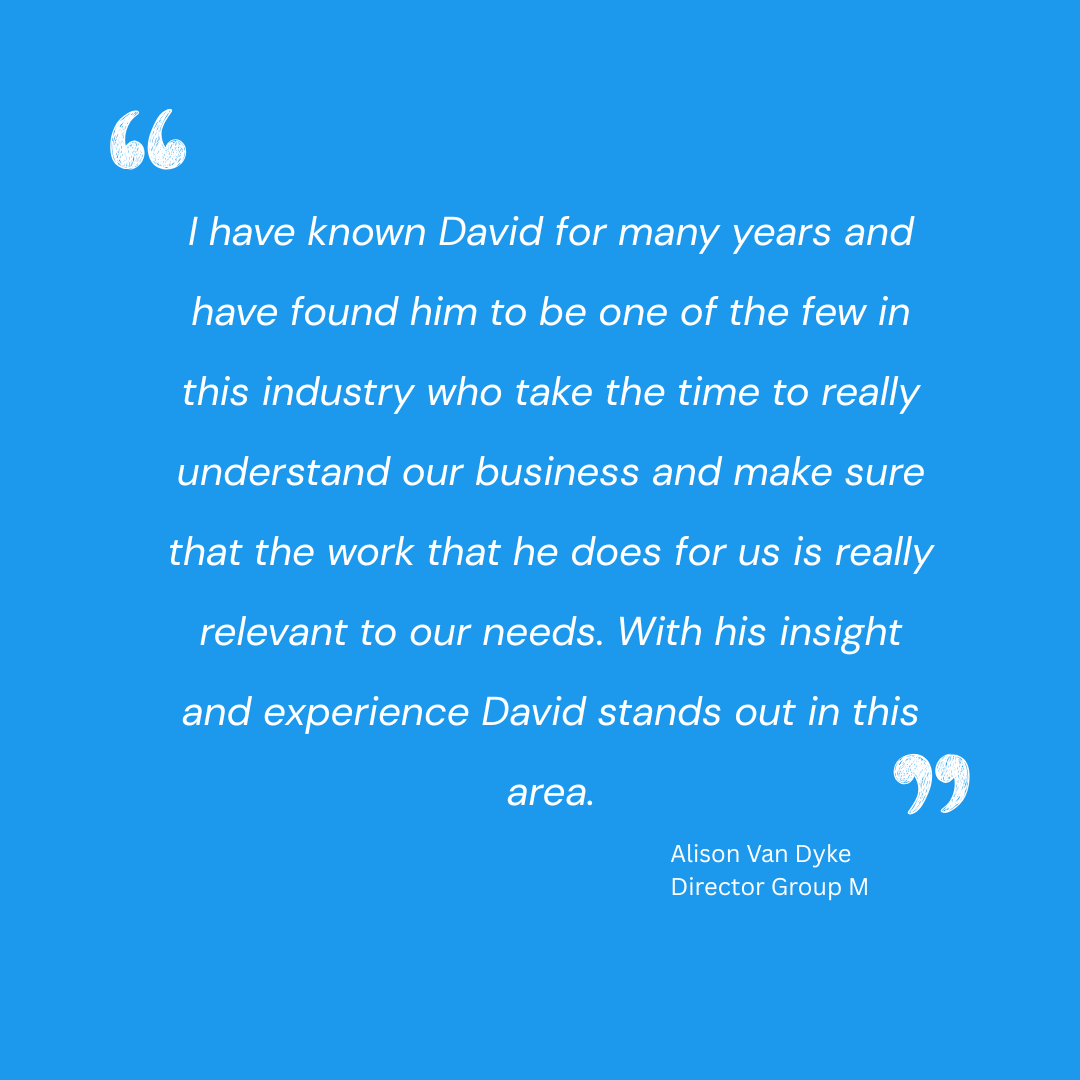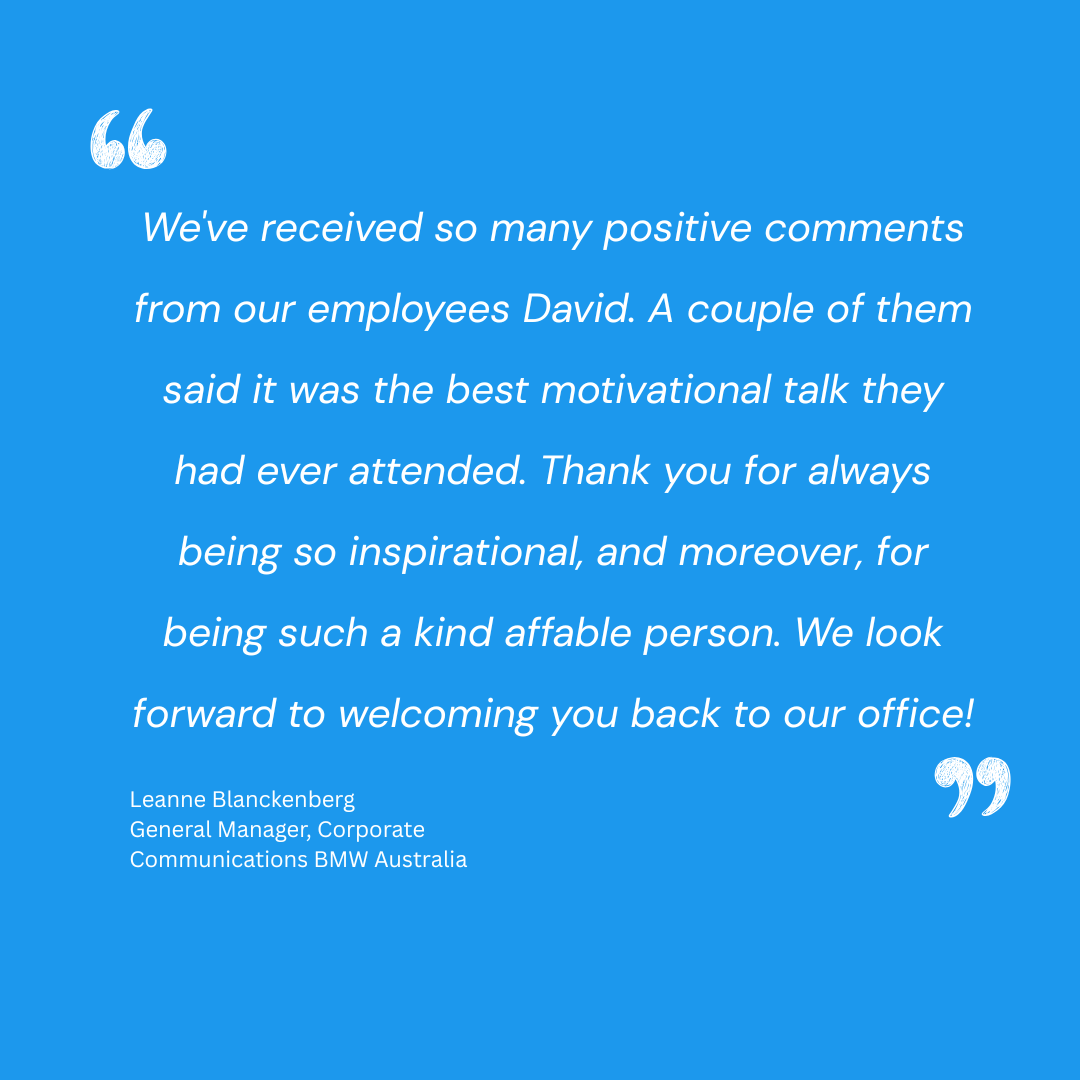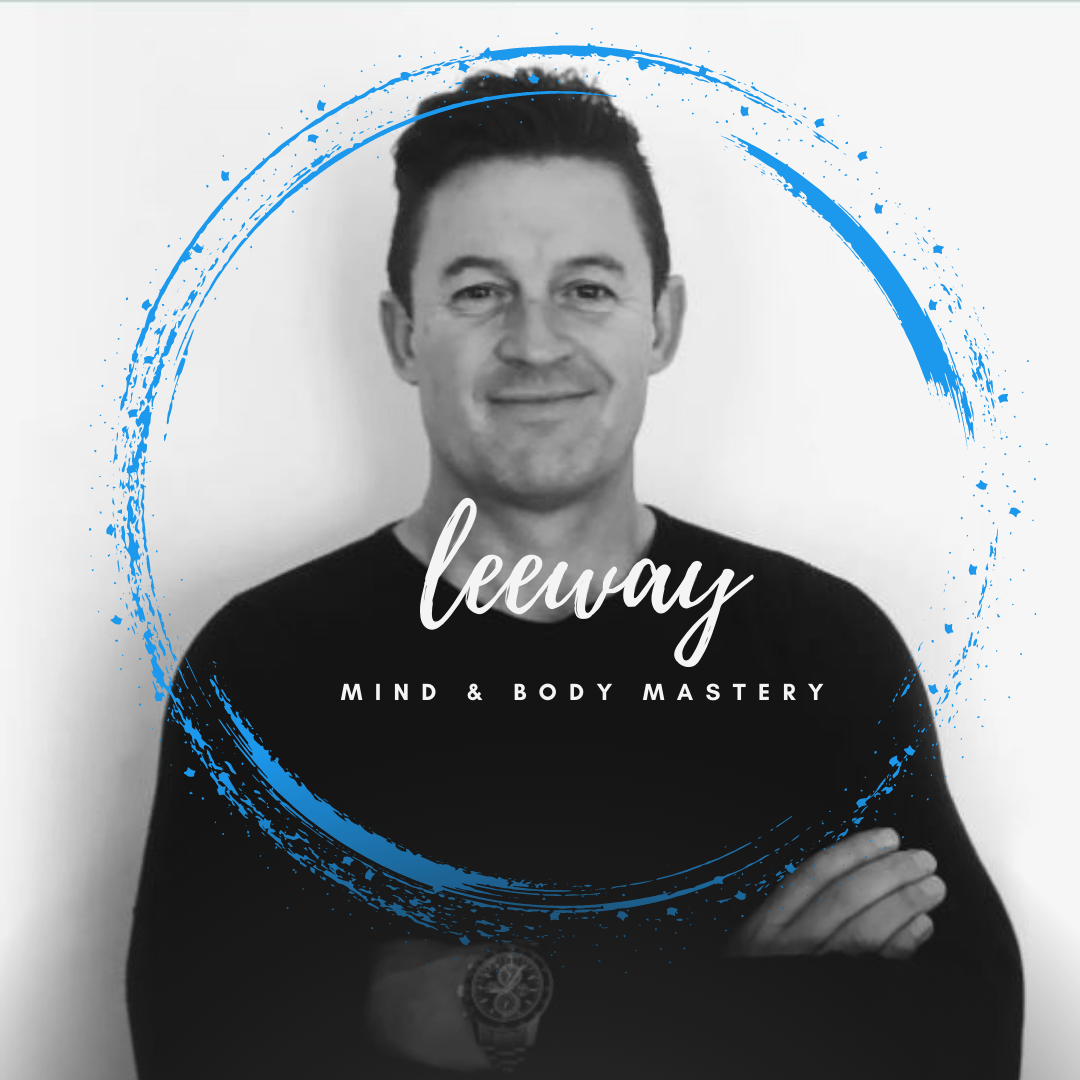Are You On The Edge of Glory?
"On Groundhog Day, the groundhog is supposed to come out of his hole and look for his shadow. I don't think that is right. I think the groundhog should be looking for food. It's only February 2nd. It's not time to start thinking about shadows."
Ellen DeGeneres
In psychology, the concept of the "shadow" is often associated with Swiss psychiatrist Carl Jung's theory. The shadow represents the unconscious and repressed aspects of an individual's personality. It encompasses the parts of ourselves that we deny, ignore, or suppress because they are considered socially unacceptable, morally objectionable, or personally uncomfortable.
Exploring one's shadow involves acknowledging and integrating these hidden aspects, which may include fears, desires, insecurities, or traits that are opposite to the ones we consciously identify with. By confronting and embracing the shadow, individuals can achieve greater self-awareness and a more balanced and authentic sense of self. Jung believed that understanding and integrating the shadow is crucial for personal growth and psychological well-being. Ignoring the shadow can lead to projection, where individuals attribute their unconscious qualities to others, creating relationship conflicts and misunderstandings.
Groundhog Day is a traditional North American holiday observed on February 2nd each year. The most famous celebration takes place in Punxsutawney, Pennsylvania. According to folklore, if a groundhog emerges from its burrow on this day and sees its shadow, there will be six more weeks of winter. If it doesn't see its shadow, it is believed that spring will arrive early.
Groundhog Day’s celebration has roots in ancient European weather lore and has been celebrated in North America since the 18th century.
The day has become widely known due to the 1993 comedy film "Groundhog Day," starring Bill Murray, which popularised the concept of reliving the same day repeatedly.
With a similar theme but nastier daily consequences for the main actor, Tom Cruise - is the 2014 Sci-Fi Action film “Edge of Tomorrow” starring Tom Cruise and Emily Blunt. Cruise's character dies every day in battle as he is sent to fight in a futuristic alien war where most of Europe is invaded by an alien race, but Cruise’s character is a PR army type rather than a trained combat soldier. Cruise finds himself experiencing a time loop as he relives each day, trying to find a way to defeat the alien invaders.
Curiously, the underlying standout for me from both films is that Bill Murray’s character does something different every day to ensure that his day isn’t repetitive and boring, and he starts to really enjoy the change he sees within himself. The other characters in the movie, unaware of Bill Murray’s time loop conundrum – are living each Groundhog Day for the first time, but within the course of their one day, are seeing the improvement in him as a character and like what they see as well.
Tom Cruise’s character remembers where all the bad things happened (his character’s demise usually) and seeks out the training required to improve his skills. Seasoned soldier Emily Blunt’s character trains Cruise every day, and each day, he gets further and further through the day until eventually overcoming the aliens and winning the day.
Back to real life, I believe each day of our lives can be filled with many little victories to win the day if, like soldiers, we have a plan of attack. It’s easier said than done, but in Bill Murray & Tom Cruise’s case, they knew what each day would bring as they had experienced the same thing the day before.
If you feel like one month into the year, you are about to live this year just like last year or previously uninspiring years, then maybe you can benefit from my free webinar next Thursday night.
“Finding Your Phenomenal. Getting Out of Your Own Way, So That You Can Go from Great To Phenomenal”
In this free webinar, you will hold a mirror up to yourself across what I call the eight masts of mastery.
You will discover what your “why” is in the Purpose discovery component, and you will leave the webinar with a thorough understanding of what “IT” is you need to do to master each area of your life from a Mental, Physical, Spiritual, Social, Financial, Family, Business and Romance perspective.
I used to say, “If you’re not living life on the edge, then you’re taking up too much space”, but this was generally delivered after doing something risky or reckless or trying to convince someone else to do the same. I stopped saying that after a mate, and I nearly drowned one day.
These days, with my life’s plan firmly in place, I’m the captain of my ship and the master of my destiny.
At the end of this webinar, you will have your own “Destiny Manifesto” to navigate the stormy seas of uncertainty and embark upon the best year of your life.
Spaces are limited, so click the link below to secure your spot in this free webinar.
https://calendly.com/david-2168/finding-your-phenomenal-getting-out-of-your-own-way
I look forward to seeing you on the night!
Sail Well.
DL
"Keep your face always toward the sunshine—and shadows will fall behind you."
Walt Whitman
Don’t keep this to yourself. Spread the word.
